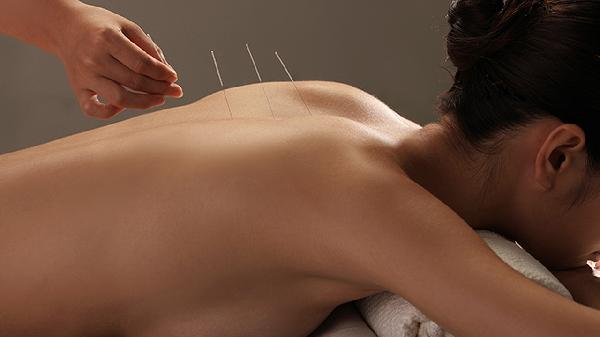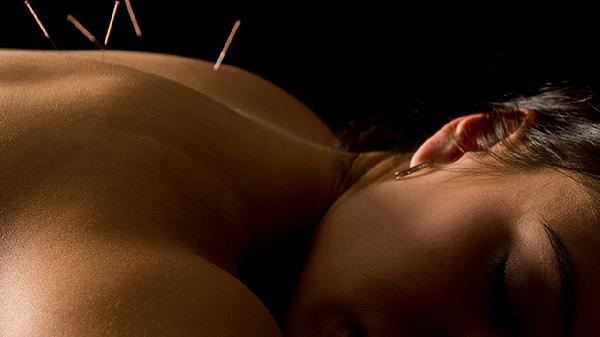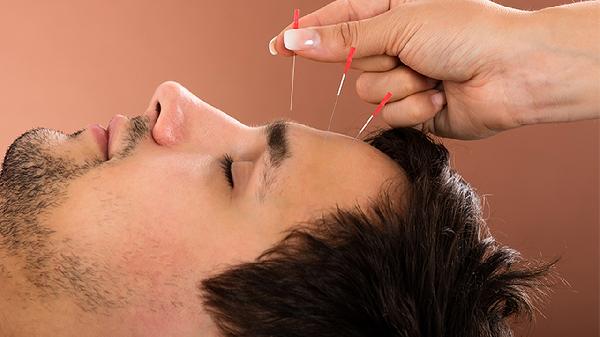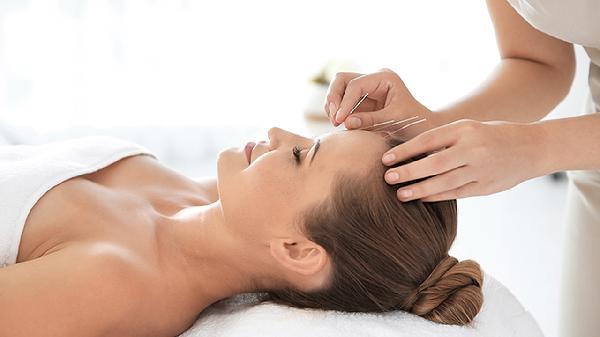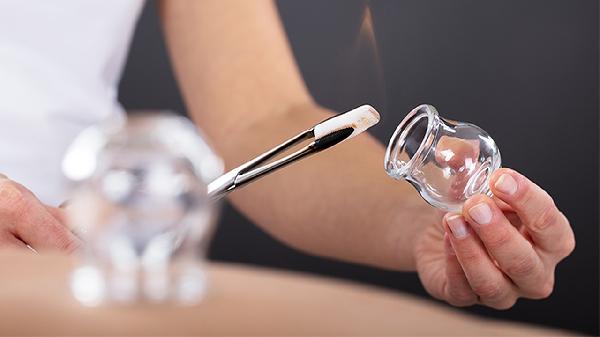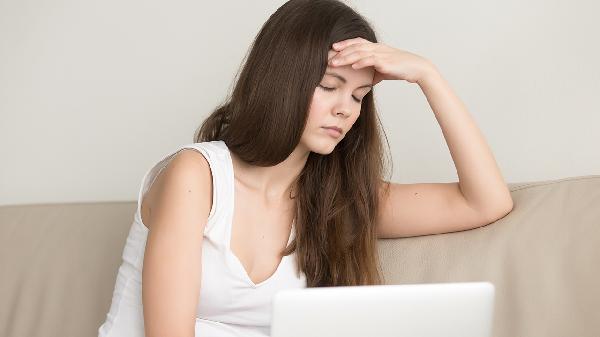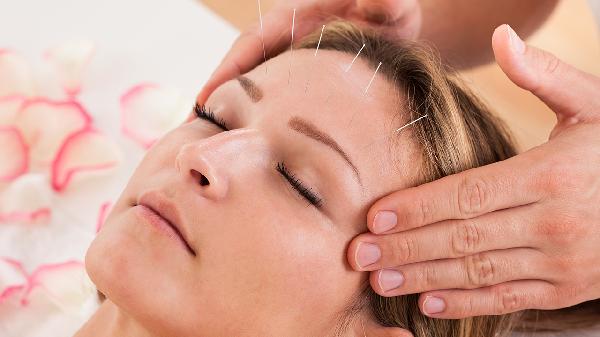Yes, acupuncture can effectively ease anxiety, according to experts and growing research. This ancient Chinese practice involves inserting thin needles into specific points on the body to restore balance and promote healing. Studies suggest that acupuncture may reduce anxiety symptoms by regulating the nervous system, lowering stress hormones, and increasing the production of feel-good chemicals like endorphins. Let’s dive deeper into how acupuncture works for anxiety and what experts have to say about its benefits.
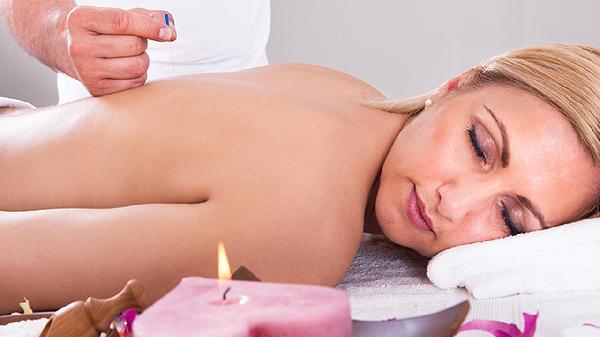
How Acupuncture Works for Anxiety
Acupuncture is rooted in Traditional Chinese Medicine (TCM), which views anxiety as an imbalance in the body’s energy flow, or “Qi.” By targeting specific acupuncture points, practitioners aim to restore this balance, addressing both the physical and emotional aspects of anxiety. Modern science supports this approach, showing that acupuncture can stimulate the release of neurotransmitters like serotonin and dopamine, which play a key role in mood regulation. Additionally, acupuncture has been found to activate the parasympathetic nervous system, helping the body shift from a “fight or flight” state to a “rest and digest” mode, which is crucial for reducing anxiety.
What the Research Says
Numerous studies have explored the effectiveness of acupuncture for anxiety. A 2018 meta-analysis published in the Journal of Acupuncture and Meridian Studies found that acupuncture significantly reduced anxiety symptoms compared to control groups. Another study in the Journal of Endocrinology highlighted that acupuncture can lower cortisol levels, the primary stress hormone, thereby alleviating feelings of anxiety. Experts also point out that acupuncture’s holistic approach makes it a valuable complementary therapy, especially for individuals who prefer non-pharmaceutical treatments or have not responded well to conventional methods.
Benefits of Acupuncture for Anxiety
One of the key benefits of acupuncture is its ability to address both the symptoms and root causes of anxiety. Unlike medications that may only mask symptoms, acupuncture aims to restore overall balance in the body. It can also improve sleep quality, which is often disrupted by anxiety, and enhance overall well-being. Many patients report feeling a sense of calm and relaxation during and after acupuncture sessions, which can have a cumulative effect over time. Additionally, acupuncture is generally safe, with minimal side effects when performed by a licensed practitioner.
What to Expect During an Acupuncture Session
If you’re considering acupuncture for anxiety, it’s helpful to know what to expect. During your first session, the practitioner will conduct a thorough assessment of your health history and anxiety symptoms. They will then insert fine, sterile needles into specific points on your body, which may include areas like the wrists, ears, or scalp. The needles are typically left in place for 20 to 30 minutes while you relax. Many people find the experience painless and even soothing. Most practitioners recommend a series of sessions for optimal results, as the effects of acupuncture are often cumulative.
Expert Tips for Maximizing the Benefits
To get the most out of acupuncture for anxiety, experts recommend a few strategies. First, choose a licensed and experienced acupuncturist who specializes in mental health. Consistency is key, so commit to a series of sessions rather than expecting immediate results after one treatment. Pairing acupuncture with other anxiety-reducing practices, such as mindfulness meditation, yoga, or deep breathing exercises, can enhance its effectiveness. It’s also important to communicate openly with your acupuncturist about your symptoms and progress, as they can tailor the treatment to your specific needs.
Potential Limitations and Considerations
While acupuncture is generally safe, it’s not a one-size-fits-all solution for anxiety. Some individuals may not respond to acupuncture, and it may take time to see noticeable improvements. It’s also important to note that acupuncture should not replace conventional treatments for severe anxiety or mental health conditions. Instead, it can be used as part of a comprehensive treatment plan that may include therapy, medication, and lifestyle changes. Always consult with your healthcare provider before starting acupuncture, especially if you have underlying health conditions or are pregnant.
A Holistic Approach to Anxiety Management
Acupuncture is just one piece of the puzzle when it comes to managing anxiety. Experts emphasize the importance of adopting a holistic approach that addresses the physical, emotional, and lifestyle factors contributing to anxiety. Regular exercise, a balanced diet, adequate sleep, and stress management techniques can all play a role in reducing anxiety symptoms. Acupuncture can complement these efforts by providing a natural and non-invasive way to promote relaxation and balance.
Final Thoughts
Acupuncture offers a promising and natural option for easing anxiety, backed by both ancient wisdom and modern research. While it may not work for everyone, many individuals find relief and improved well-being through this gentle and holistic practice. If you’re curious about acupuncture, consider consulting a licensed practitioner to explore how it might fit into your anxiety management plan. Remember, taking care of your mental health is a journey, and finding the right combination of therapies and practices can make all the difference.
